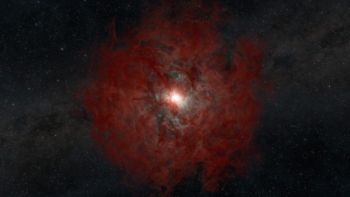For several decades a small number of scientists have speculated that time behaves strangely during a solar eclipse due to the changes that occur in the gravitational field at the earth. In experiments in the 1950s, for instance, the oscillations of a Foucault pendulum seemed to vary during an eclipse. And during four partial eclipses in the late 1980s, a small time difference seemed to occur between a pair of atomic clocks. However, high-precision measurements carried out during the 11 August solar eclipse over Europe found no evidence for "anomalous changes" (Nature 402 749).
The experiments were carried out by Thomas Udem from the Max-Planck Institute for Quantum Optics in Garching and colleagues. Udem and colleagues placed four atomic clocks – one rubidium clock, two caesium clocks and a hydrogen maser – in an air conditioned basement at Wessling in Germany and recorded their time difference every 4 seconds between the 3 and 23 August. To eliminate all possible external effects on the clocks, the team also monitored the background magnetic field, variations in temperature, power lines, and atmospheric pressure. Once these factors and the natural drift in the precision of the clocks were taken into account, no gravitational effects were observed.



